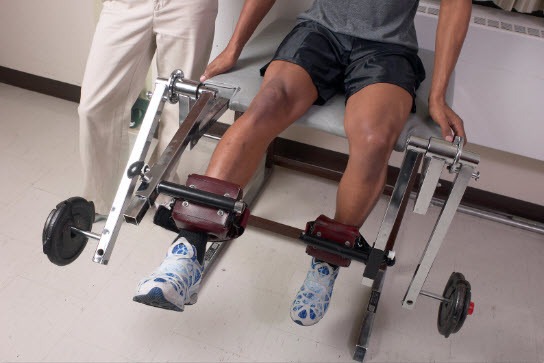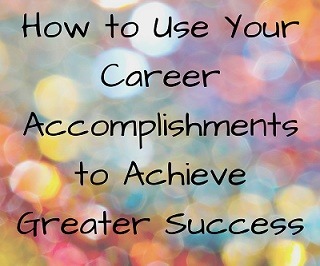
Life is busy. Between trying to excel at work, keep up with household chores, spend quality time with our loved ones, and enjoy hobbies, we are all striving to balance our commitments on different fronts. The modern world is fast-paced and it can be exhausting trying to keep up if you aren’t taking proper care of yourself. Remember that your body and mind are your vessels, and they need maintenance to operate to their full potential.
Cultivating Good Physical Health
Physical energy is fully reliant on how you treat your body. Eating well and including proper nutrition is critical. Just like a car, if you put bad fuel into your body, it will run poorly. If you do not get enough rest, you will not have the focus or energy the next day to be at your best. Exercise is also an important part of good health. It not only builds stamina (which will lead to more energy) but it makes your body strong and gets out any excess jitters.
Taking good care of your physical self directly impacts your quality of life and happiness—when we don’t feel well, we don’t enjoy or make the most of each day. Of course, we all know how important it is to eat properly, hydrate, rest, and exercise (our doctors certainly make that clear), but those fundamental elements of self care are the first to go out the window when we get busy. We get involved in a project and work through lunch. We drink sugary lattes and soda to get through the afternoon. We crash on the couch, exhausted, after dinner. We stay up too late to watch just one more episode of our favorite show. All the things we know we shouldn’t do, and yet we do them anyway. These habits all add up to having less energy to attend to the things we care about in our lives.
Exploring Mental Wellbeing
Your mental state impacts your energy and motivation just as much as your physical health. If you are anxious, sad, or overwhelmed, it can be difficult to overcome those emotions to accomplish the day’s tasks. While you cannot always block out your feelings, especially when difficult things are happening in your life, you can explore your mental health in a way that allows you to productively experience and harness your emotions, rather than letting them take control of you.
Meditation is an excellent practice in clearing your mind and grounding yourself. Not only will you enjoy a quiet and peaceful moment to yourself, but you will feel refreshed and focused. You can use guided meditation from a video or podcast, or simply meditate on your own. Yoga is also beneficial to both the mind and body and allows you to reconnect with yourself spiritually and physically.
If meditation isn’t your forte, try to check in with yourself in the morning and throughout the day. How are you feeling? Are you relaxed and focused, or tense and anxious? By occasionally taking the time to acknowledge how you are doing, you can address your mental state as it comes. Similarly, practice deep breathing at different intervals. Sit back from your desk, take your hand off your mouse, relax your muscles, and take a moment to inhale and exhale. Assess how your day going and what you can do to maintain or change that.
There are many other ways to promote good mental health. Some people enjoy journaling, others consciously set intentions each morning, and those who are religious may take solace in their holy book. TED Talks or an inspiring podcast might also be uplifting for you and bring your energy level up to excitement. Experiment with different methods and find out what helps you the most; this may change over time, but you can always reassess.
Remember, it’s ok to have an off day. Sometimes no matter what you do, your energy simply is low. You are human and it happens. Be kind to yourself, do the best you can that day, and resolve to do better tomorrow. However, keeping up with mental and physical practices consistently will generate overall good health and energy and keep the bad days to a minimum.
Belinda MJ Brown shares her own healthy practices here.
How do you keep your energy up during your busy days? Let us know in the comments section!









 If you want to achieve greater success, you need to monitor and control your own actions once in a while.
If you want to achieve greater success, you need to monitor and control your own actions once in a while.